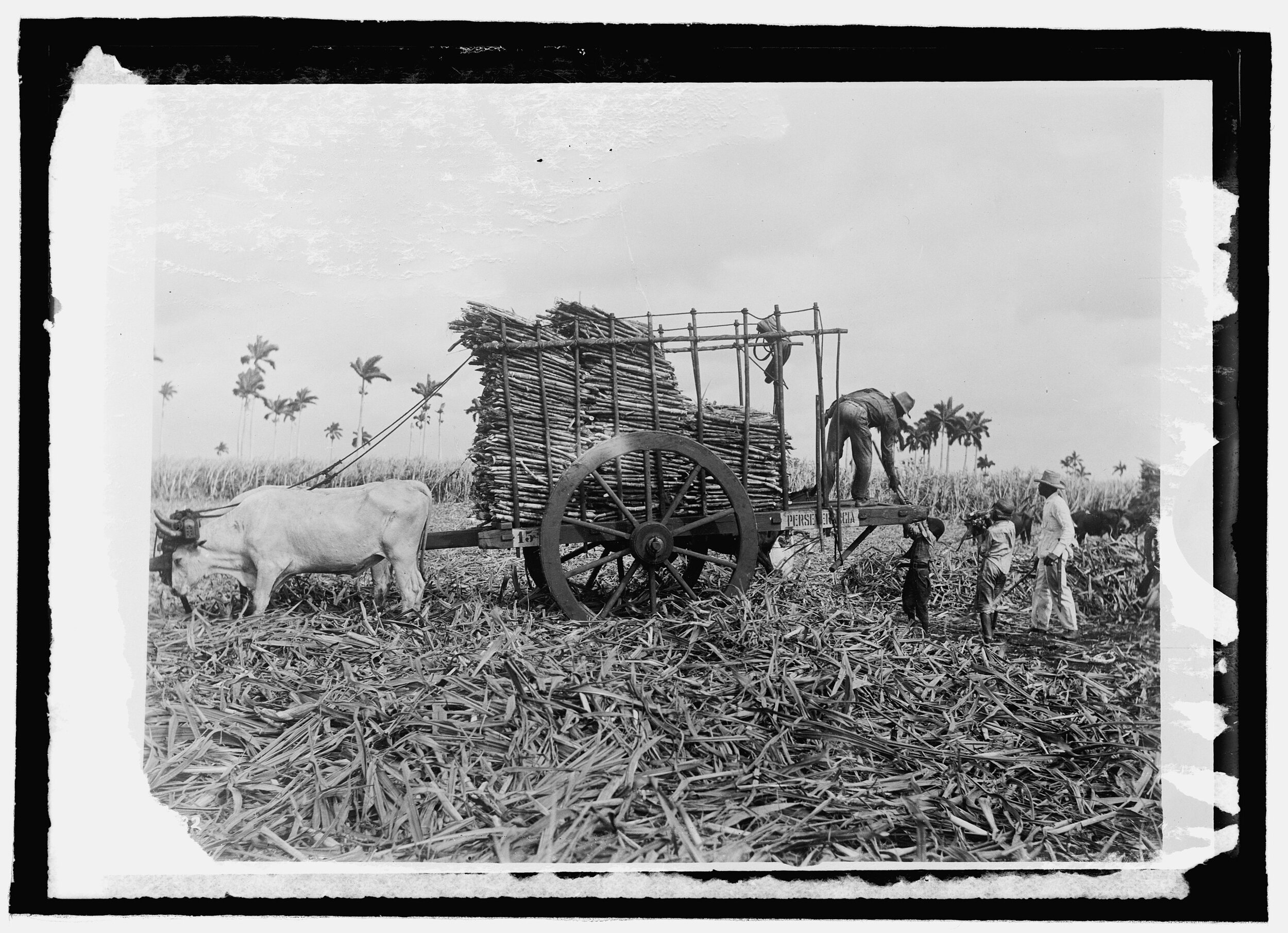
Media and Public Outreach
The Hinterland: Past or Future?
The contradiction between city and countryside creates more problems than it solves. Because we continue to see the city as the center of society and the countryside as a hinterland where food is produced, many aspects of twenty-first century life, such as pollution, the mining of raw materials, and the housing of refugees, remain difficult to discuss.
Authors of the new book Planetary Hinterlands: Extraction, Abandonment and Care discuss the term “hinterland,” a concept that can be located in both the city and the countryside. At first sight, the hinterland fulfills the role of supplier of materials, resources, and labor. However, if we take the hinterland category seriously and look more closely, it helps to get a better picture of the supposedly marginal or peripheral places that support society in a logistical and material sense, but never really come into focus.
What forms of exploitation and neglect do we find in the hinterland? What new manifestations of life and ideas, inspiration and care emerge on the “edge” of the capitalist system?
Solidarity in the Mississippi Delta
This article, co-written with journalist Laila Frank, explores the legacy of Fannie Lou Hamer’s Freedom Farm Cooperative in Mississippi. How do her ideas live on in the work of Black farmers today? We interviewed Fannie Lou Hamer’s daughter Jacqueline, Mississippi author Ralph Eubanks, the Young family in Clarksdale, and Carolyn Jones, the president of the Mississippi Minority Farmers Alliance. The article is written in Dutch, an English version is forthcoming.
History is Lunch: The Ecology of Segregation
History Is Lunch is a weekly lecture series organized by the Mississippi Department of Archives and History that explores different aspects of the state's past. The hour-long programs are held in the Craig H. Neilsen Auditorium of the Museum of Mississippi History and Mississippi Civil Rights Museum building in Jackson, MS. In this lecture I discuss the main themes and objectives of the Race Land project.
SouthTalk: The Race Land project
A presentation at the Center for the Study of Southern Culture about four case studies of the Race Land project, counter-plantation initiatives, and the transnational Far Right today.
The Democratic Party and the U.S. South: Past, Present, and Future (Roosevelt Lecture)
Up until the 1960s, the “Solid South” was a source of electoral strength for Democrats. White southern support came at a price, however; it severely impeded the civil rights ambitions of the national Democratic Party. Once Democratic presidents Kennedy and Johnson – under pressure from the civil rights movement – finally committed their party more firmly to racial equality, the white South commenced its slow exodus from the Democrats to the Republicans. This switch first happened at the presidential level, but then began to trickle down to congressional, state, and local elections. Republicans are now the dominant power in the southern states, but their power is not as absolute as the Democratic hegemony that traditionally determined politics in Dixie. This lecture will focus on the Democratic South; how did Democrats become the dominant party in the region, why did they lose it, and will they be able to win it back?
The South of the United States: From Republican to Democratic?
A podcast (in Dutch) with Laila Frank about the history, politics, and culture of the United States South.





